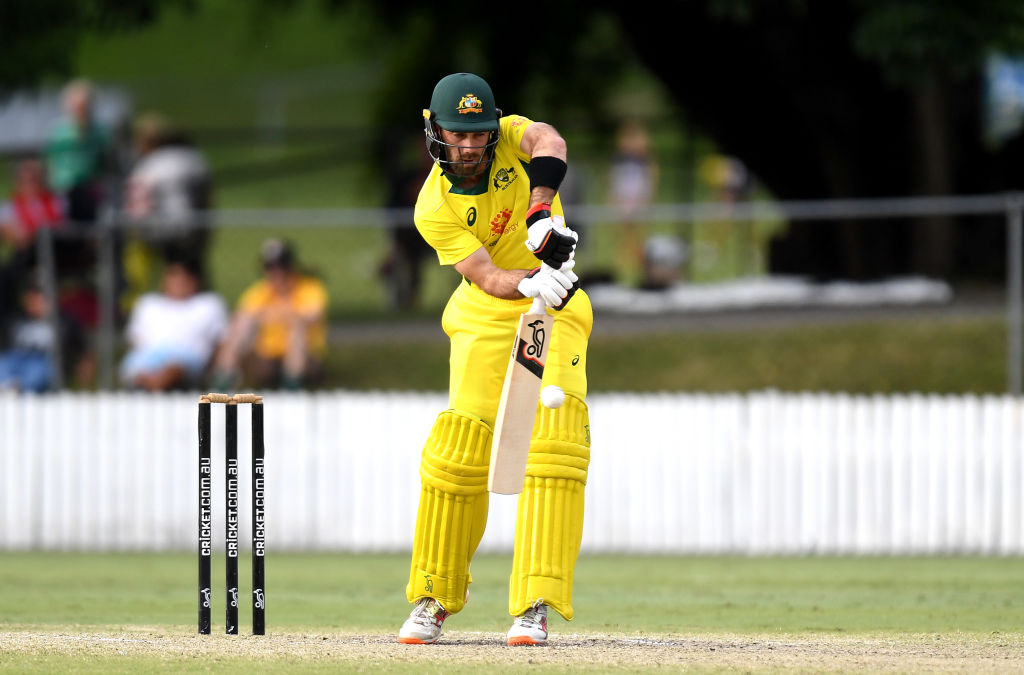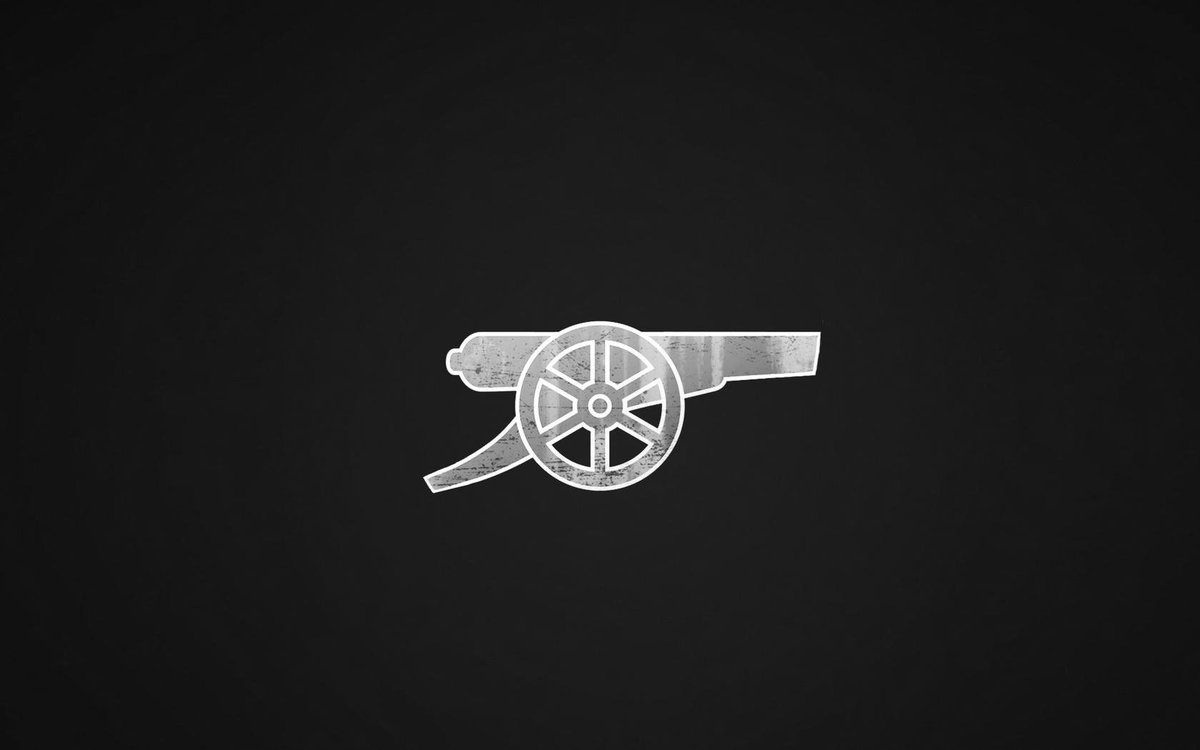Litmus test beckons for Australia in absence of Glenn Maxwell
When Australia set foot on Indian soil in early 2019, they had won only 3 of their last 11 completed T20Is and had not won a bilateral series in the format for over a year. Their stocks in the format had plummeted down and it needed something out of the ordinary to breathe life into it.

A win against India - who’d won each of their last seven T20 matches at home - at that point, seemed like the last barrier Aaron Finch’s men could breach. A narrow victory ensued in the first game of the series in Vizag - where Australia barely managed to scrape over the line chasing 127 - but it was passed off as a one-off, even by Australia themselves, for their Achilles Heel over the past 12 months that preceded was stringing together consecutive wins and good performances.
At 22-2 in the 2nd T20I in Bengaluru, against an attack comprising Bumrah and Chahal, it looked like the ghosts of the past had crept back in, with an Australian defeat seeming more inevitable than loud “AAAAR CEEEE BEEE” chants from the native Bangaloreans.
At that point, it required a special knock from a special player to demount and dismantle that Indian attack and turn around what was a certain defeat. Luckily for Australia, they had that player in their team. On February 27, 2020, Glenn Maxwell rose from the Ashes to play one of the greatest knocks in the history of the T20 format and catapult Australia to victory. Then, it was just seen as a freak knock where Australia snatched victory from the jaws of defeat, helping them finally get the monkey off their back in the format.
But little did anyone know that it would turn out to be a significant moment in Australian cricket post the ball-tampering scandal. Since that night in Bengaluru, Australia have gone 359 days in the T20 format without tasting defeat. They have also, in the meantime, re-integrated Steve Smith and David Warner back in the team, reached a World Cup semi-final and retained the Ashes on English soil for the first time since 2001.
All these achievements, at one point, looked like a distant dream; something beyond the realms of possibility. Maxwell’s knock in Bengaluru injected and instilled courage, confidence, self-belief and some much-needed confidence back into the team; something, up until that point for a good year, that’d been missing from the team that once attained, propelled them on to achieve greater things.
On Friday, Australia would walk into the Wanderers in Johannesburg, for the first time since the ball-tampering saga, hoping to extend their unbeaten run in T20s to 9 games and stretch their invincibility in the format to 454 days. They would, ironically, be up against a battered and bruised South African side that is in the midst of a leadership crisis both on and off the field.
They, however, would know that the task would not be easy by any means. Not because they would be harrowed by the hostile South African crowd or because the Proteas would magically rediscover their superpowers at the first sighting of the bright yellow colours of Australia; but because they would need to cope without the services of the man who has been the heartbeat, the nucleus of the T20 team for over three years - Glenn Maxwell.
Maxwell the T20I cricketer, in many ways, is the victim of the shortcomings of the Maxwell the ODI cricketer. There are few batsmen in the world who are capable of doing what he does and can also back it up with numbers. No batsman in the history of the game who has scored a minimum of 1,000 T20I runs has scored them at a better strike rate than Maxwell (160.00) and, since his debut, no batsman batting in the middle-order (#4 to #7) has scored as many centuries as him (2). Since Maxwell’s T20I debut, in fact, Finch is the only Australian to have scored more runs than him and the Victorian has convincingly outscored Warner.
To put Maxwell’s numbers into perspective, both Jos Buttler and AB de Villiers - who are considered as two of the greatest modern-day white-ball hitters - sport an average under 30 and a strike rate under 140 in T20I cricket; Maxwell, in contrast, averages 35.00 and has scored those runs at a strike rate of 160. These are numbers that are unheard of for any impact players of his mould.
Thus when Australia take the field on Friday, they will know that they’re considerably handicapped. For, they would be without one of their most prolific scorers and their biggest impact player who has been the sum and substance of the team and, more specifically, the middle-order. They would also know that his absence would leave a huge hole in the team unlike any other and his shoes would be all but impossible to fill.
But with eight months left for the World T20 to get underway, it might just be what they need: a self assessment, a chance to learn and know where they, as a unit, exactly stand; if they have indeed been over-dependent on one man to pull the strings all the time. It is a discomforting, unpleasant question that they’ve dodged all this while, but as they say, “Dread it. Run from it. Destiny still arrives.” In the form of Maxwell’s injury, destiny has arrived for Australia and now is their time to finally take up the question they’ve dreaded to answer.
And mind you, there have been plenty of times the team has been summoned upon to answer the very same question, and on each occasion, they’ve failed - miserably. Different approaches - be it a run-accumulative one in the form of Bailey and Travis Head or the more like-for-like approach one in the form of Turner, Stoinis and Faulkner - have been tried and tested and yet none of them bore fruit. That the five aforementioned players, batting in the middle-order, COMBINEDLY ended up scoring less than Maxwell tells a story in itself.
Perhaps it’s because Maxwell is just that good. Or maybe it’s just because the role is too darn difficult to pull off. But truth be spoken, they’ve ridden on the Maxwell wave for too long, and with the WT20 beckoning, should he be ruled out of the tournament, Australia will know that they will be in troubled water.
Which is also why they would be desperate for their newest recruits, Mitchell Marsh and Matthew Wade, who are coming on the back of solid BBL seasons, to fill the void and show some promise against South Africa. With both batsmen being clean-hitters and having enough experience under their belts, they do come off as ideal candidates, but only time will tell if they break new grounds or fall into the same ol’ pit that their predecessors have. Australia, for one, would be hoping for the former.
One thing’s for sure, however, by the time the team pack their bags and return home on March 8th, they’d have learnt a lesson - that Maxwell is the most important member of the side and they cannot afford to lose him, or that there are able, sufficient back-ups to fill-in for him should he not be available. All the evidence we have, as of this moment, however, points towards the former.

Comments
Sign up or log in to your account to leave comments and reactions
0 Comments